Valuing your car guides

What’s a good deal for your car? Know the factors that shape your vehicle’s market price so that you can get more money for your vehicle if and when you decide to sell.
Guides

Car depreciation is a simple idea in theory – but what does that mean for your car’s value?
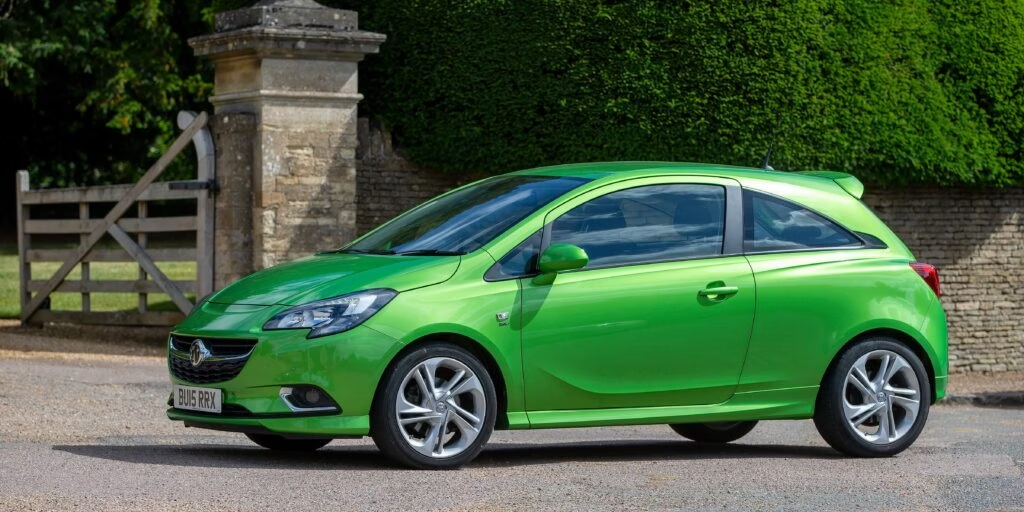
Learn how to find the value of your vehicle, whether you’re ready to sell it now or thinking ahead.

Lots of factors can impact the value of your car, some of them more surprising than others!

Learn how to find the value of your van so you can sell it for the best price.

Trading-in (or part-exchange) sets your current vehicle off against the next. Learn how to value your car and evaluate whether trading-in is a good option.
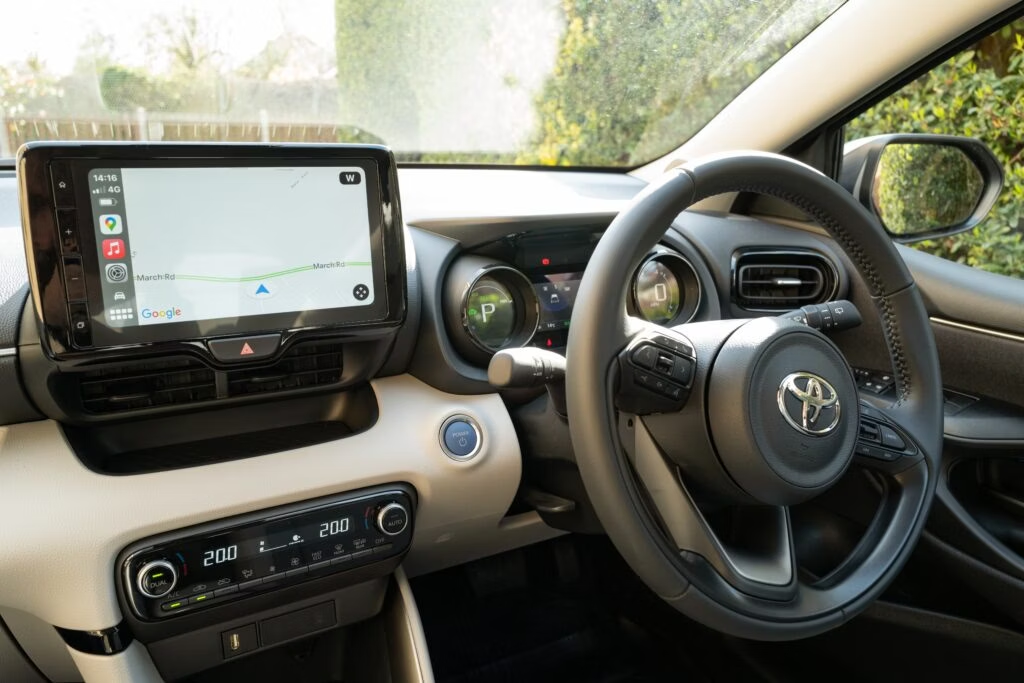
When it comes to finding your car’s value, just how much of a role does mileage play?

Buyers need to know whether your car has been in an accident when you sell – here’s what that could mean for car value.
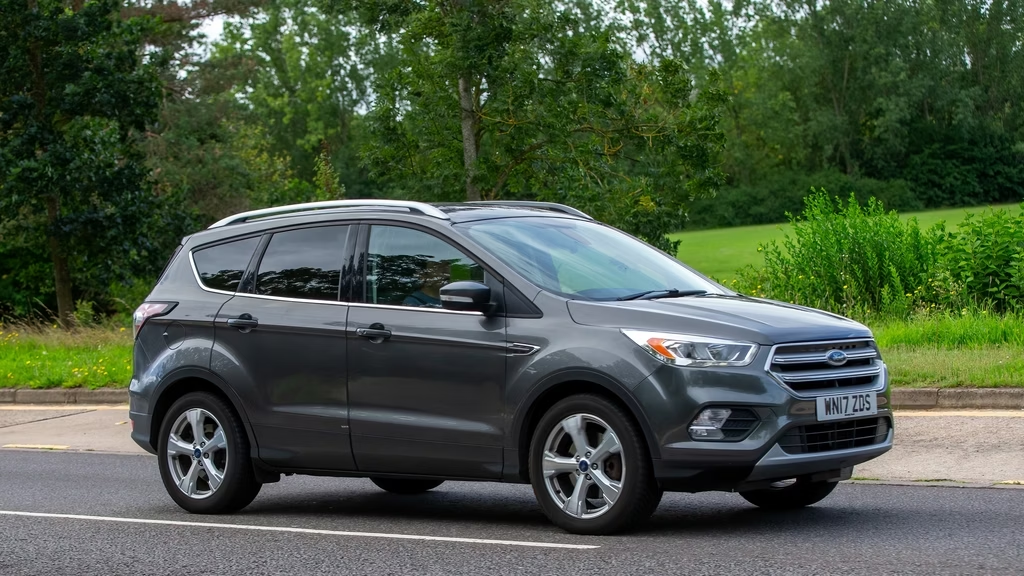
A car’s value can change after an accident, even once repaired – here’s why.
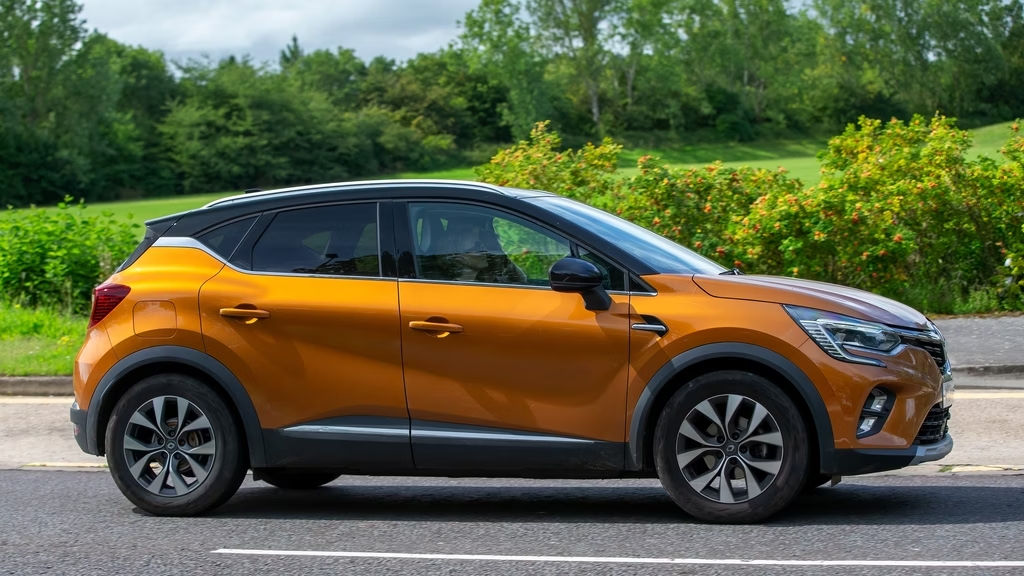
Find out what a HPI check is and if it’s worth getting one for your vehicle.

Used car prices and the used car market itself, are subject to constant fluctuation. Find out what it all means for the value of your car.

Find out which cars make the cut, with tips on car depreciation and resale value.

Learn how much rust can devalue your vehicle, ways to prevent it and the cost of getting it removed if it has appeared.

Find out whether debadging a car affects its value, if its illegal or not, and the reasons why people do it.

Discover what parts of the car are the most expensive to replace and what prices you will be looking at for parts and labour.
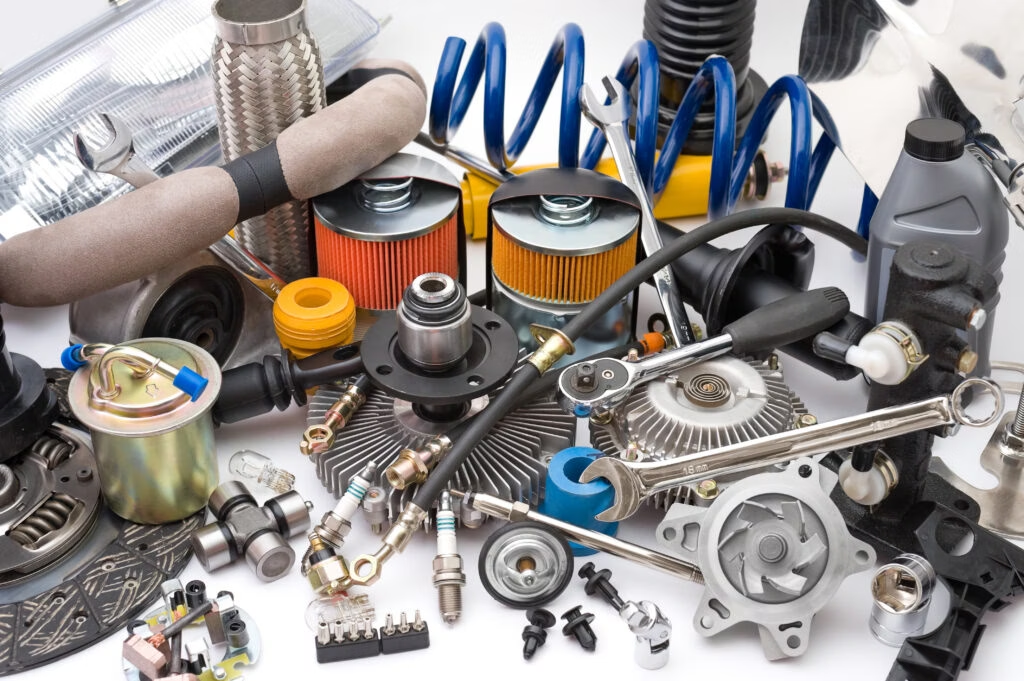
Learn the different components that make up a car from the engine and gearbox to the suspension and braking system.

Read our easy to follow guide on how to remove car scratches and the costs involved if you want to hire a professional.
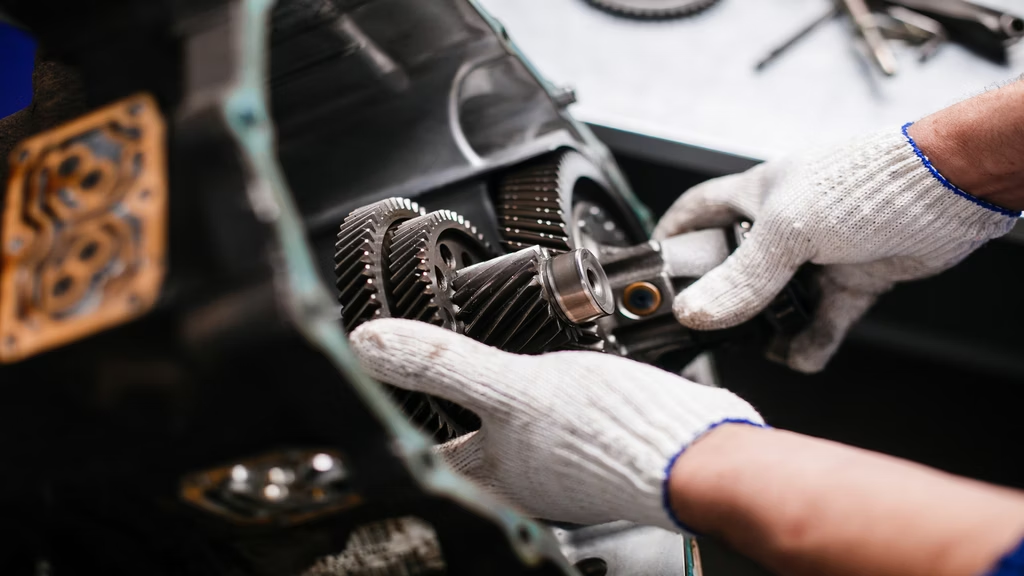
Find out how much a gearbox costs to replace, factors that affect the price and common signs to look out for.
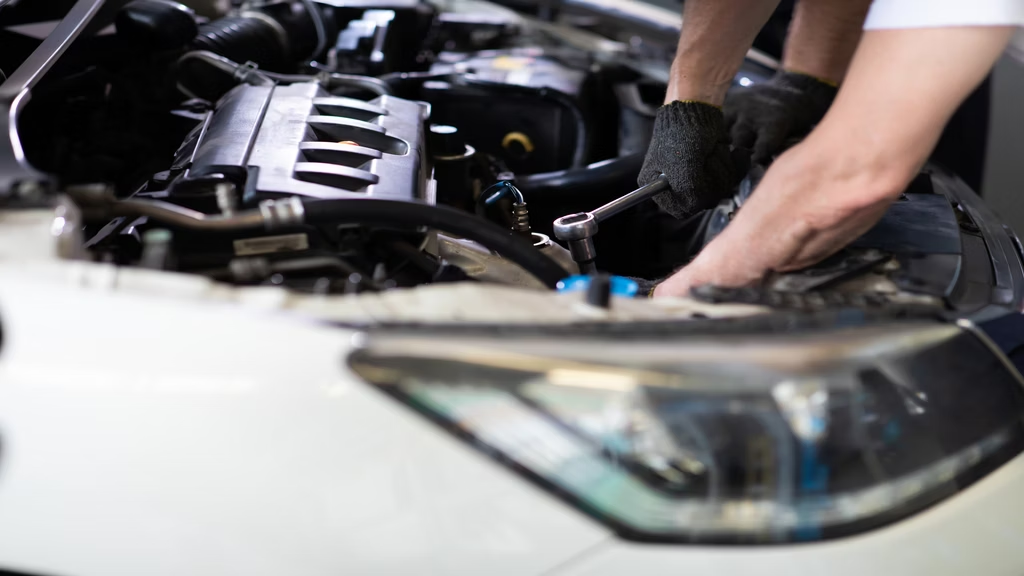
Learn what costs are involved when it comes to engine replacement, how to spot signs of wear and how to choose a reliable mechanic.

Discover the costs involved when you replace your car suspension and what signs to look for regarding wear and tear.
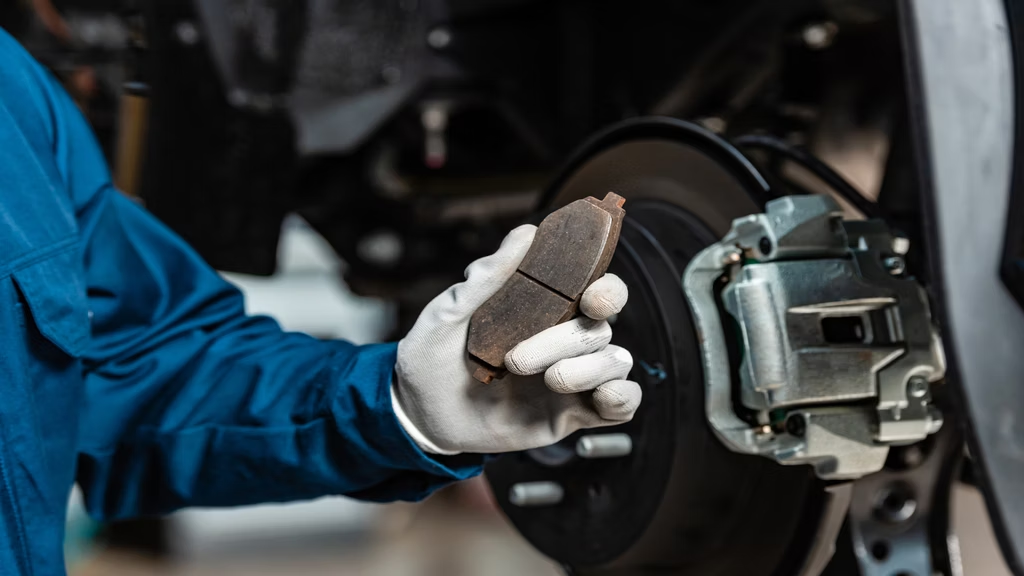
Find out the sort of prices you will encounter when replacing your brake pads, signs to look out for and whether you can replace them yourself.

Read this useful guide to find out how much a windscreen replacement costs, the factors affecting the price, and how to assess the damage.
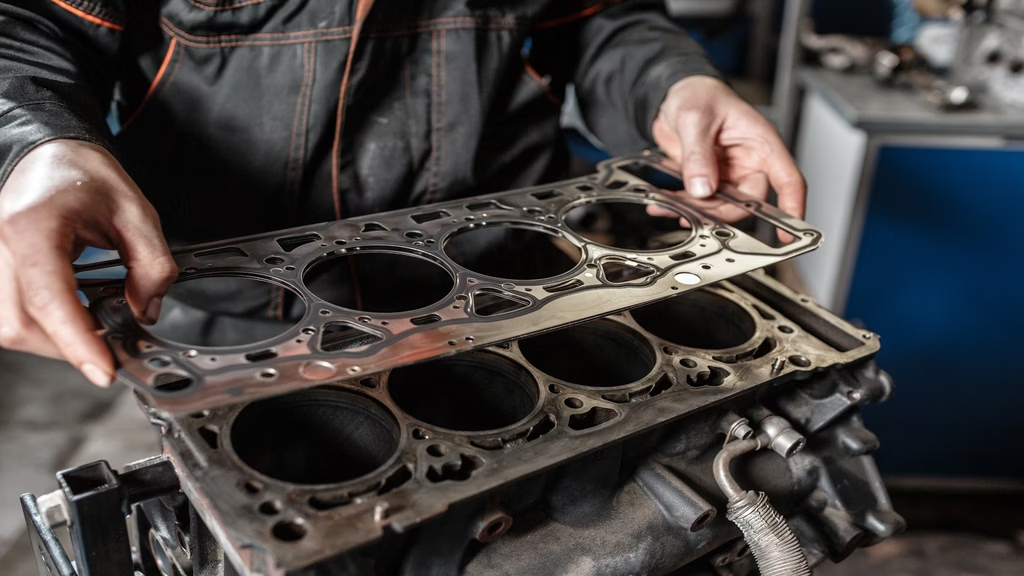
Discover the costs involved when replacing a head gasket, signs that it needs doing and ways to lower your cost.
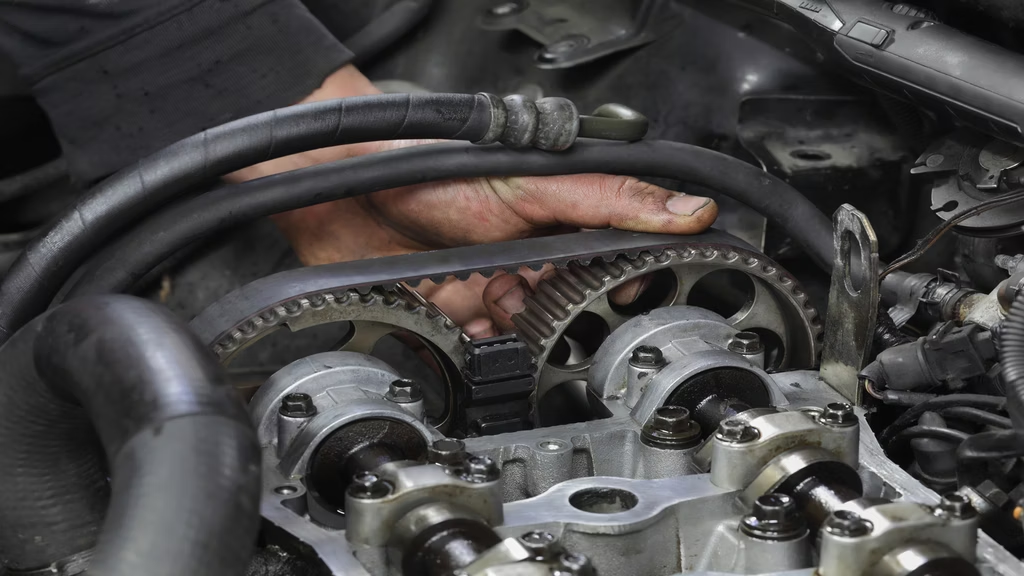
Find out what sort of costs a cambelt replacement involves, factors that affect the price and signs of wear and tear.

Learn what costs are involved when replacing a car battery, how to extend the life of it, and where to purchase one.

Find out how much it costs to replace a car door, factors affecting the price and tips on how to save money.

Discover what costs are involved in replacing a car radiator, whether you can do it yourself and if it affects your vehicles resale value.
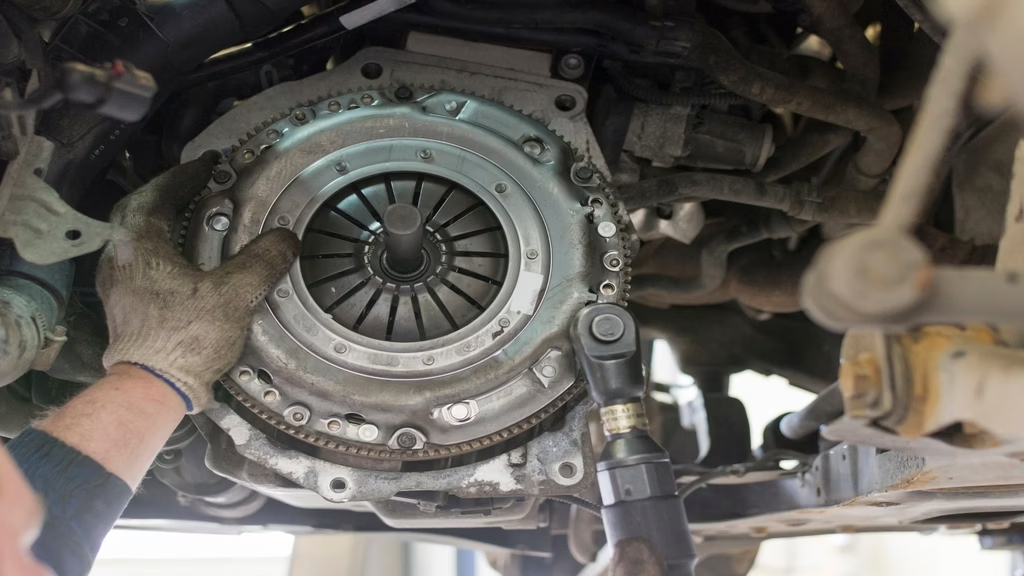
Learn what it costs to replace a clutch, signs it needs replacing and the average lifespan of one.
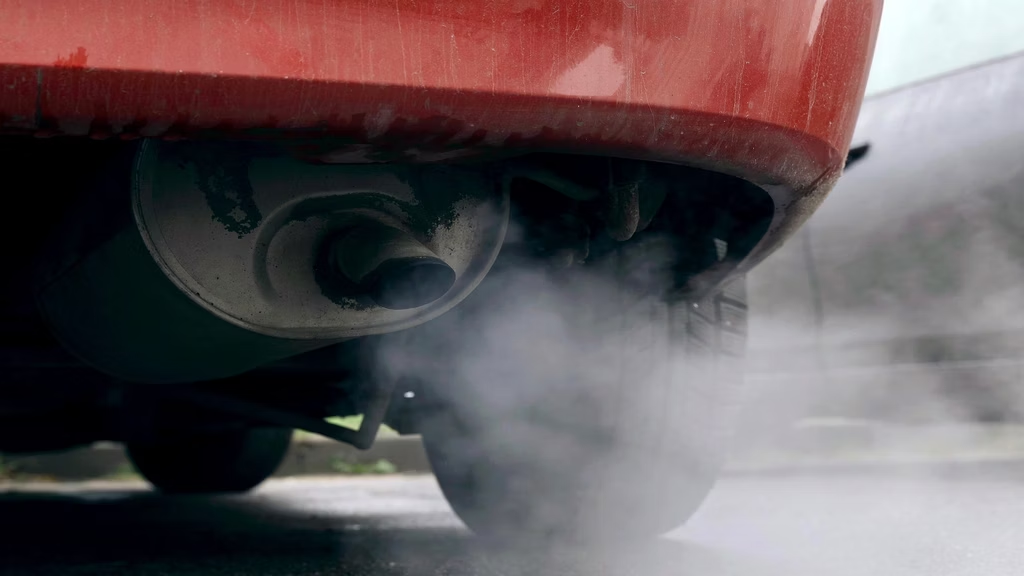
Find out how much it costs to replace an exhaust system, common issues that occur and whether it affects the value of your vehicle.
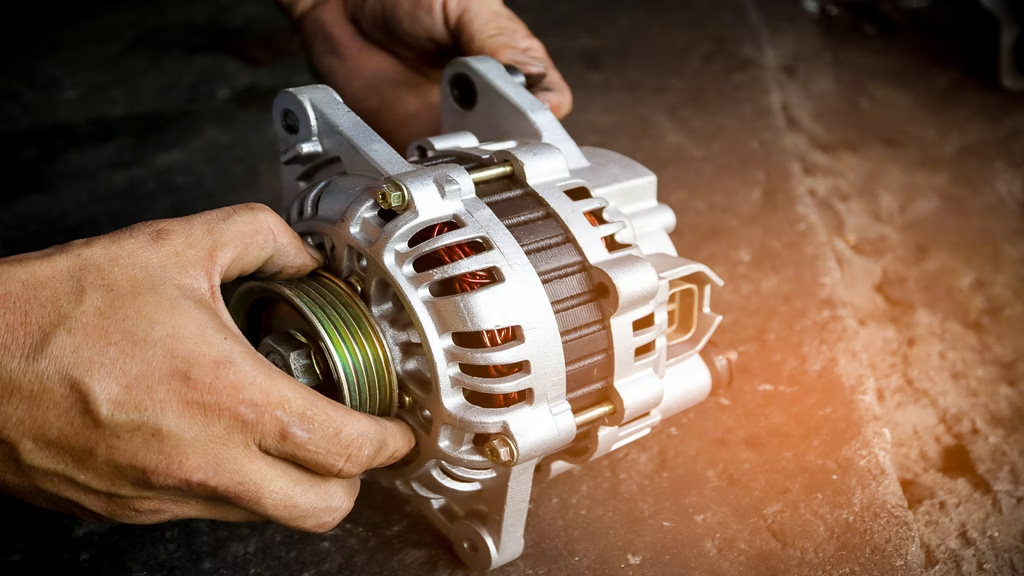
Discover what costs are involved in replacing an alternator, signs of damage and factors affecting the replacement price.

Find out what it costs to replace a headlight, the symptoms of a faulty bulb and whether it devalues your car.

Learn whether German vehicles maintain their value or depreciate and the popularity of leasing these types of cars.

Discover whether Japanese vehicles go up or down in value and what brands are known for retaining value.

Learn whether Italian brands hold their value, valuation trends and how different brands compare against each other.

Read on to see if age does impact the value of your vehicle and factors contributing towards depreciation.

Find out whether American car brands hold their value, trends to look out for and what models do well.
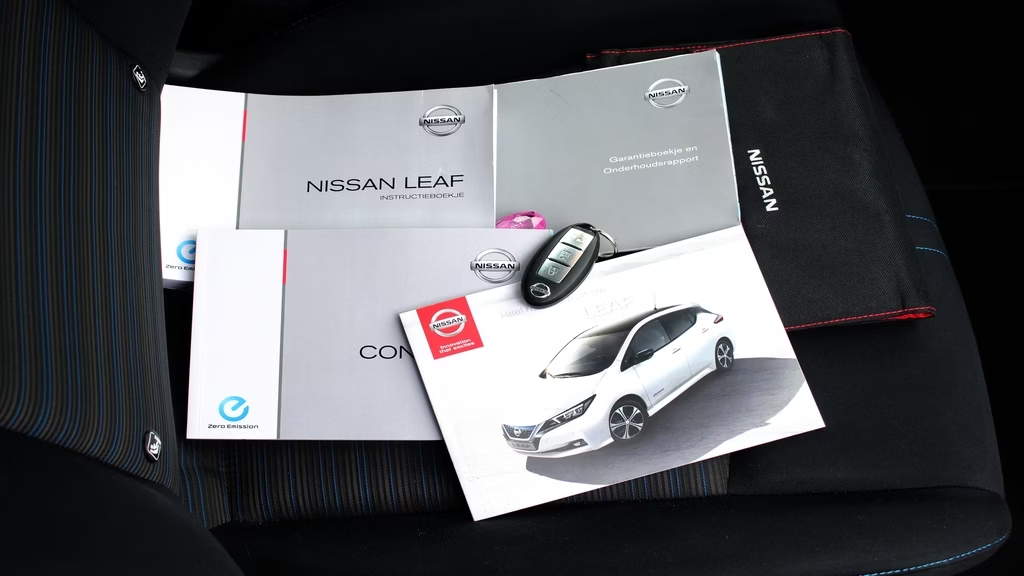
Learn what service history is, what it includes and whether it affects your car’s value.

Find out whether market demand has a significant impact on your car’s valuation and see whether selling or trading is a better choice.

Read this guide to find out whether British car brands do indeed hold their value as we look at the likes of Vauxhall, MINI and Jaguar.

Find out whether the type of fuel your vehicle uses, can impact the value of your vehicle, we look at petrol, diesel and electric vehicles.

Discover whether modifications impact the value of your vehicle and the difference between aesthetic and performance alterations.

Discover whether colour affects the value of your vehicle and if neutral options are a better choice than vibrant colours.

Find out about the rarity of a car, how to check if you have a rare vehicle and examples of such cars.

Discover what your car is worth based on a variety of factors including age, condition, mileage and more.

Find all you need to know about Europe’s most valuable cars, driven by the most iconic football players in Europe.

Understand the National Mileage Register, how it works, and how it can affect your vehicle valuation.

Discover how much you should spend on a vehicle depending on your financial situation.

Find out whether having an extended warranty can enhance the value of your vehicle.
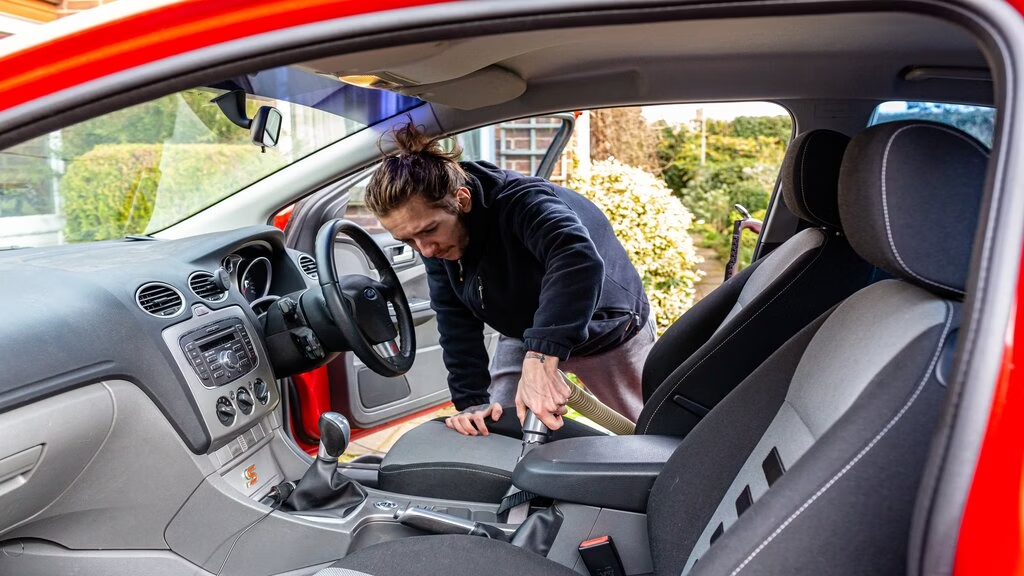
Find out whether keeping your car in better condition can help its resale value.
Need more car advice?
Want to read more about owning, valuing and selling your car? Check out more of our guides here, covering everything from depreciation to maintaining your car’s value. Understand your car’s worth in the wider market.
Car selling guides
Car value guides
Car ownership guides
Vehicle types
Emissions & clean air zone guides
The information provided on this page is for general informational purposes only and should not be considered as professional advice.